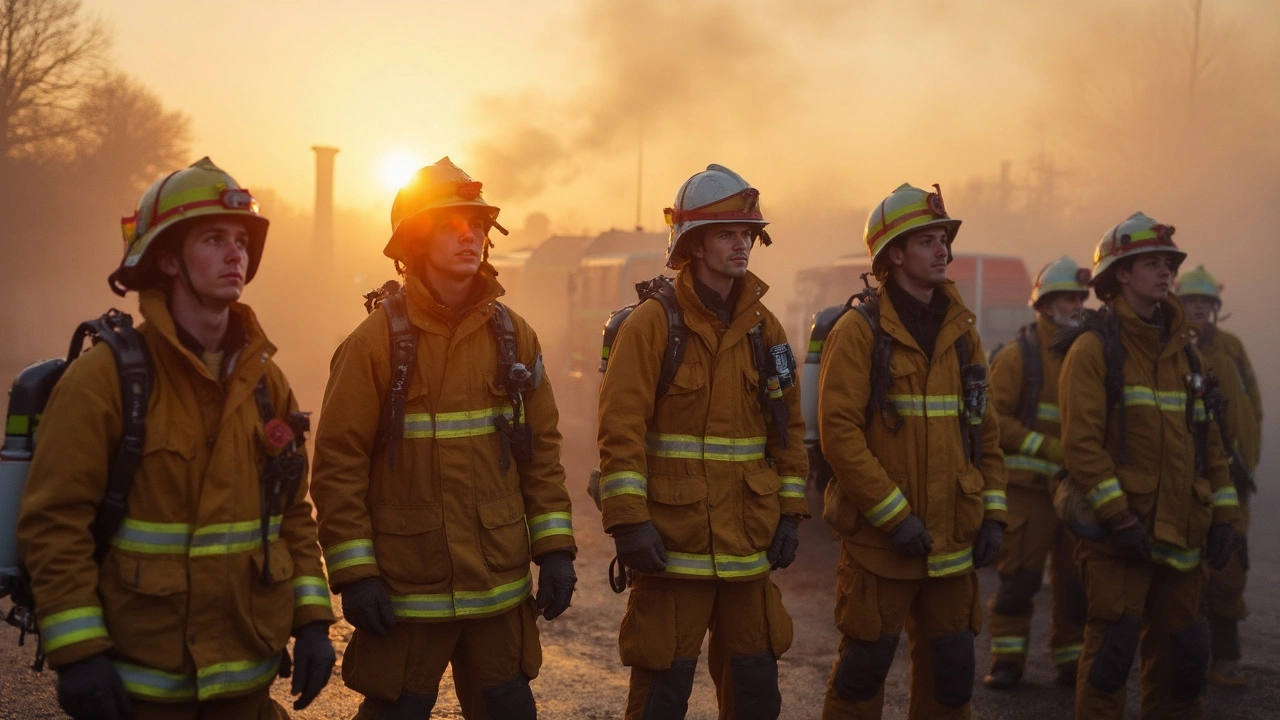Fire Academy Guide – Choose, Train, and Start Your Firefighter Career
If you’re thinking about becoming a firefighter, the first step is picking the right fire academy. It’s not just about passing a physical test; you need a program that teaches you the skills fire departments actually use. Below you’ll find quick, practical advice to help you decide, what to expect during training, and how to use the experience to land a job.
How to Choose the Right Fire Academy
Start by checking if the academy is accredited by the state fire training authority. Accreditation guarantees that the curriculum meets industry standards and that your certificate will be recognized by most departments. Next, look at the class size. Smaller groups mean more hands‑on time with instructors, which is crucial for mastering hose handling, ladder work, and rescue techniques.
Ask about the mix of classroom learning and live‑fire drills. Good programs balance theory—like fire behavior and building construction—with realistic scenarios that test your decision‑making under pressure. Finally, compare costs and financing options. Many academies partner with local fire services to offer tuition assistance or apprenticeships, which can lower out‑of‑pocket expenses.
What to Expect During Training
Training usually runs for 12‑16 weeks, split into modules. The first weeks cover basic safety, fire chemistry, and equipment use. You’ll quickly move to physical conditioning—running, stair climbs, and strength work—to build the stamina needed for real fires.
Mid‑program you’ll face live‑fire exercises. Think controlled burns, confined‑space rescue, and simulated vehicle collisions. Instructors watch every move, correct technique, and debrief you on what went right or wrong. Expect to be assessed through written exams, skill checks, and a final practical test that mimics a real emergency.
Beyond skill work, most academies teach emergency medical basics, because many fire departments require EMT certification. Even if you’re not aiming for EMT duties, the medical knowledge will make you a more valuable recruit.
After graduation, you’ll receive a fire academy certificate that most hiring managers recognize. Use it to apply to local fire departments, volunteer stations, or federal agencies. Highlight specific drills you excelled at—like high‑rise rescues or hazardous material handling—to stand out in interviews.
Remember, the fire academy is a stepping stone, not the end. Keep training, stay fit, and network with instructors and fellow cadets. Those connections often turn into job leads or mentorships that guide you through the first years on the fireground.




